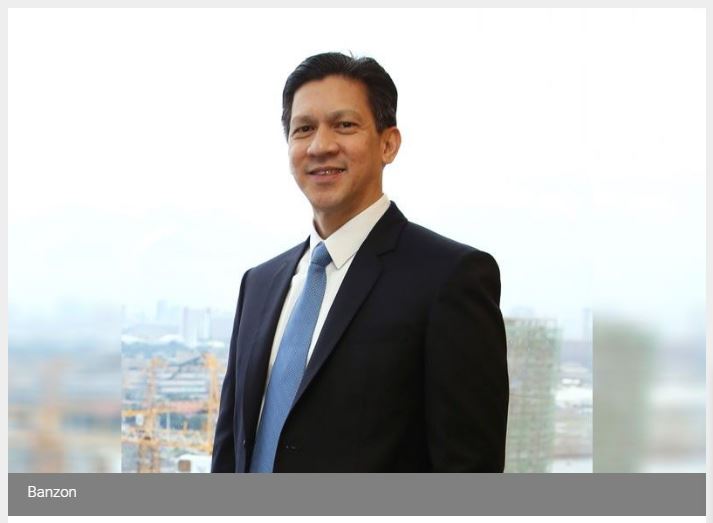Philippines: The challenge of sustainability in urban living
MANILA, Philippines — By all indications, urban living is the way the future will unfold for the human race, according to Jose Mari Banzon, SM Development Corp. executive vice president.
According to the United Nations, Banzon said, as much as 70 percent of the world would be living in urban centers by 2050. The Philippines seems to be on track with the trend, as more than 50 percent of Filipinos are already living in cities as of 2015. This number is seen to go nowhere but up given the historical growth rate of urbanization at 4.4 percent annually.
These predictions, Banzon pointed out, brings to fore the challenge of sustainability in urban planning and development. The scarcity of land, coupled with ever-increasing demand on other natural resources, are just some of the important factors to consider in shaping the urban landscape of tomorrow.
Are property developers ready to bring Filipinos to the future of city living?
Sustainability, Banzon said, would increasingly redefine the way we value spaces. Establishing personal domain through a large dwelling will give way to a sensibility toward shared social spaces. Amenities and facilities in vertical communities or condominiums are a prime example of this. Think of having a swimming pool in your very own backyard or elevating the concept of the neighborhood store to a retail strip that readily provides for daily conveniences.
The challenge for developers, therefore Banzon said, is to provide more value for money through amenities that are reliable, efficient and genuinely enjoyable. More and more aspects of daily living such as entertainment and dining are also evolving as shared experiences within the condo community, thus calling for innovative ideas and concepts for amenities.
Condominiums are also making intergenerational housing possible in a novel new way. Whereas Filipino families traditionally included extended family under one roof, there is a growing trend toward family members purchasing condo units next to each other and enjoying amenities as an extended living space.
“Sustainability is asking us to redefine our concept of luxury. We are moving away from acquisition and consumption to conservation. Vertical communities are making it possible for city dwellers to help care for the environment in a collective manner through building features that promote ‘green’ living such as energy efficiency and waste management,” Banzon explained.
The modern city dweller will increasingly appreciate public art and protected natural resources such as gardens and patches of green amid the concrete jungle. Condominiums are the starting points of this revolution in creating communally rewarding socio-civic spaces.
Banzon said urbanites are also realizing now more than ever that time is the most important luxury of all. Thus, centralized urban locations are of utmost consideration in choosing a residence. Integration with public infrastructure, transport hubs and commercial centers increase efficiency in daily living and make mobility through public transportation a way of life rather than a mere option.
Moreover, as we face additional hurdles of poverty, sustainable urban development is not an impossible goal. It is never too late to change the way we live and to mitigate any mistakes of the past to create cities of the future that will ensure the welfare of future generations.
The future of urban living will see us making best use of what land has to offer. In our country, Filipinos’ living demands have evolved with urban problems, with a preference to work or study, play, exercise and interact well within the neighborhood. This has also become a practical response to climate change by reducing the carbon footprint of individuals who move around lifestyle cities.
SM Development Corp., Banzon concludes, understands this by providing for some of the basic needs of the communities it helped build. This is of prime importance to SMDC, he added as it pursues world-class developments that are accessible to the people in order to create better lifestyles.
Source: https://www.philstar.com/business/2020/01/20/1986140/challenge-sustainability-urban-living


 Thailand
Thailand




